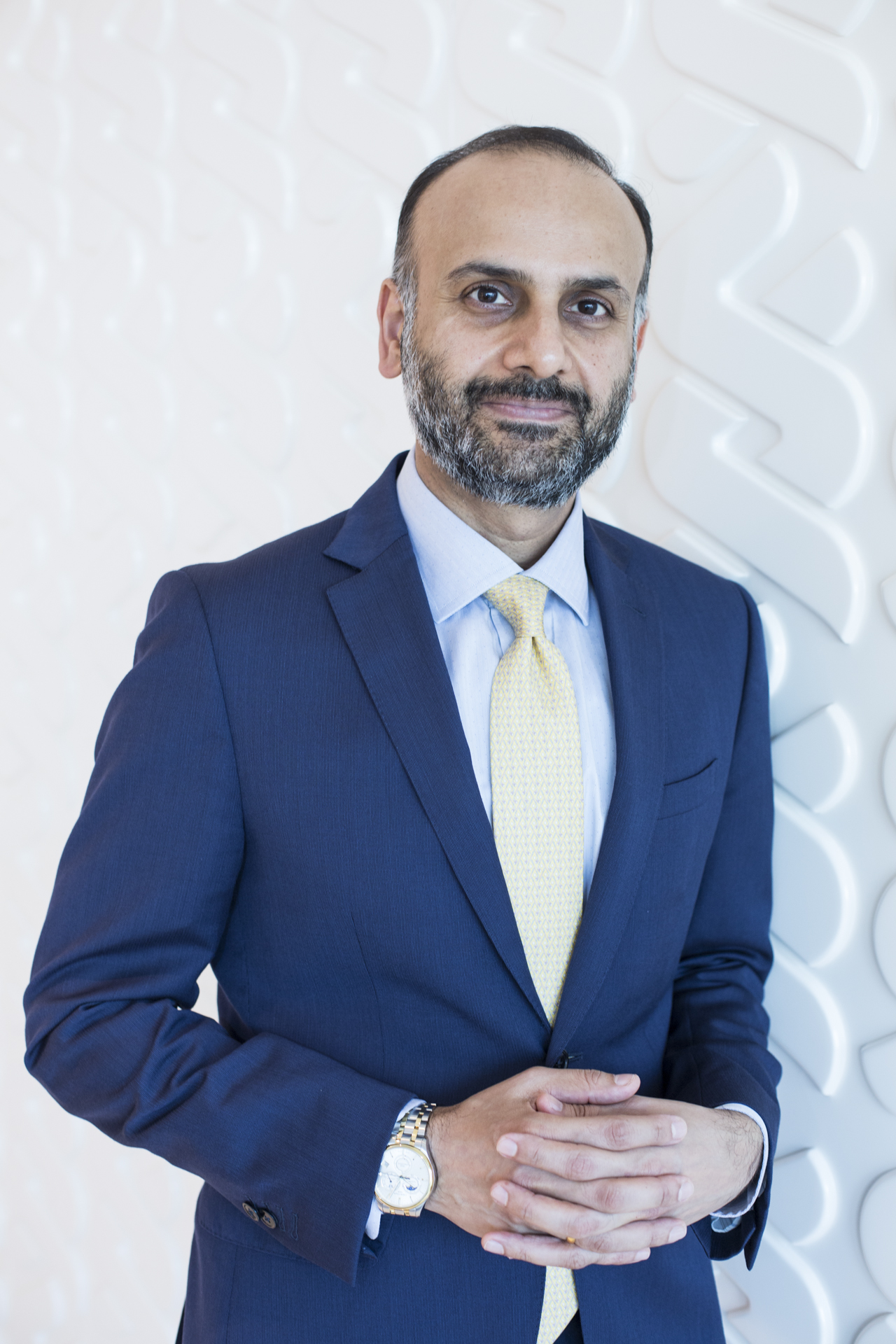Millennials are those individuals born between 1980 and the mid-90s, also known as “Generation Y,” that now constitute about 40% of the Earth’s population and, of course, this percentage will not only keep growing, but has begun to represent the majority of earning adults in the population. Currently, there are more millennials on the planet than any other generational grouping. Aged 20 to 35, millennials totalled 71 million in 2016, with the numbers projected to peak in 2036 to 76.2 million. (Source: Pew Research Center). The financial services industry, as a whole, and wealth managers, specifically, are conscious they must learn millennials’ preferences and reframe their attitude, products and services to attract this growing segment.
On the whole, people are living longer and that has implications for the transmission of wealth from one generation to another. Unable to access their “inheritances” at an earlier stage in their lives, millennials face the prospect of either working longer or tapping into their entrepreneurial spirits to carve out a meaningful income stream. It’s becoming apparent to millennials that with lower interest rates on deposit accounts, millennials must make their earnings and savings work smarter, to stretch and beat inflation rates. This is where it becomes important for all financial services to understand the demographics of Generation Y, as well as their socio-psychological make-up. Broadly, millennials are eminently familiar with and actively use communications, media and digital technologies to assess their comparative place in the world and the order of things. However, geography is having an impact on each individuals’ prospects and subsequent decisions.
By 2020, the aggregated net worth of global millennials is estimated to hit between $19 trillion and $24 trillion. Over 50% of millennials in Europe and North America are looking to set up their own businesses after the disastrous effects of the “Great Recession” which started in 2008. (Source: Deloitte: Millennials and Wealth Management) With a fall in average income of $10,000, as compared to pre-recession levels, this group of young adults are, at times, struggling to make ends meet. The average lifetime earning of a millennial could be $1.15 million, ( £825,000) (Source: Resolution Foundation Intergenerational Commission Report) which is roughly equal to what their parents achieved and well below the increase of 20% that their parents attained over the previous generation. Torsten Bell, Director of the Resolution Foundation in the UK elucidates, “Generational inequality risks becoming a new inequality for our times, and nowhere is that clearer than on pay. We’ve taken it for granted that each generation will do much better than the last – earning more and enjoying a higher standard of living. But that approach risks looking complacent given the realities of recent years and prospects for the future. The financial crisis has played a role in holding millennials back, but the problem goes deeper than that. Even on optimistic scenarios they look likely to see much lower generational pay progress than we have become used to, and there is even a risk that they earn less over their lifetimes than older generations, putting generational pay progress into reverse.”
In the GCC, however, the picture is more optimistic with a great number of millennials accumulating earnings through better-paid, often tax-free, jobs and by enjoying a bigger share of accumulated family wealth. The investment profile of this group is, fundamentally, very similar to other millennials, that is investment in basic savings products, equities and property. There appears to be less interest in more complex asset classes, perhaps as a reaction to the effects of the recession. Additionally, their instinct is to check every piece of information and comparisons online and, typically, millennials are not averse to instantly switching products or services that offer better returns or easier access through the technology in their hands.
For banks, insurance companies and wealth managers, this scenario is radically different to what they’ve faced with earlier generations; ones who have been willing to invest in complex products and have a greater amount of wealth under their command. Additionally, with the older generation living longer and not relinquishing control of these assets till much later, banks are faced with having to devise a dual-suite of products. The solution for many institutions is the advent of FinTech. By devising a basic set of banking and insurance products that can be made available over a variety of online, as well as offline, channels, banks and other financial services institutions are keeping in step with the mind-set of millennials across the globe. Banking and finance chiefs looking at the GCC market take the view that millennials expect to understand how the advisor thinks and be able to see the analyses through a graphical representation, directly on a preferred device that they are using. They want to interact with their world through their technology, which is also an ‘in’ for the wealth manager. A prominent example of wealth advisory gaining popularity and a financial solution sweeping the industry, is a ‘Robo Advisor’, which is essentially a technology-driven financial advisor supported by humans, when needed.
The lesson is that whilst trying to cater to millennials, wealth managers need to disseminate their marketing communication via a digital platform, whether that is through social media, webinars or apps that allow this generation of consumers to educate themselves about the suite of products available and to interact with the institution in a robust manner. Most importantly, given their mercurial attitude towards brands, institutions need to provide the best and most flexible deals to garner loyalty, whilst obtaining the best possible ROI for themselves.

